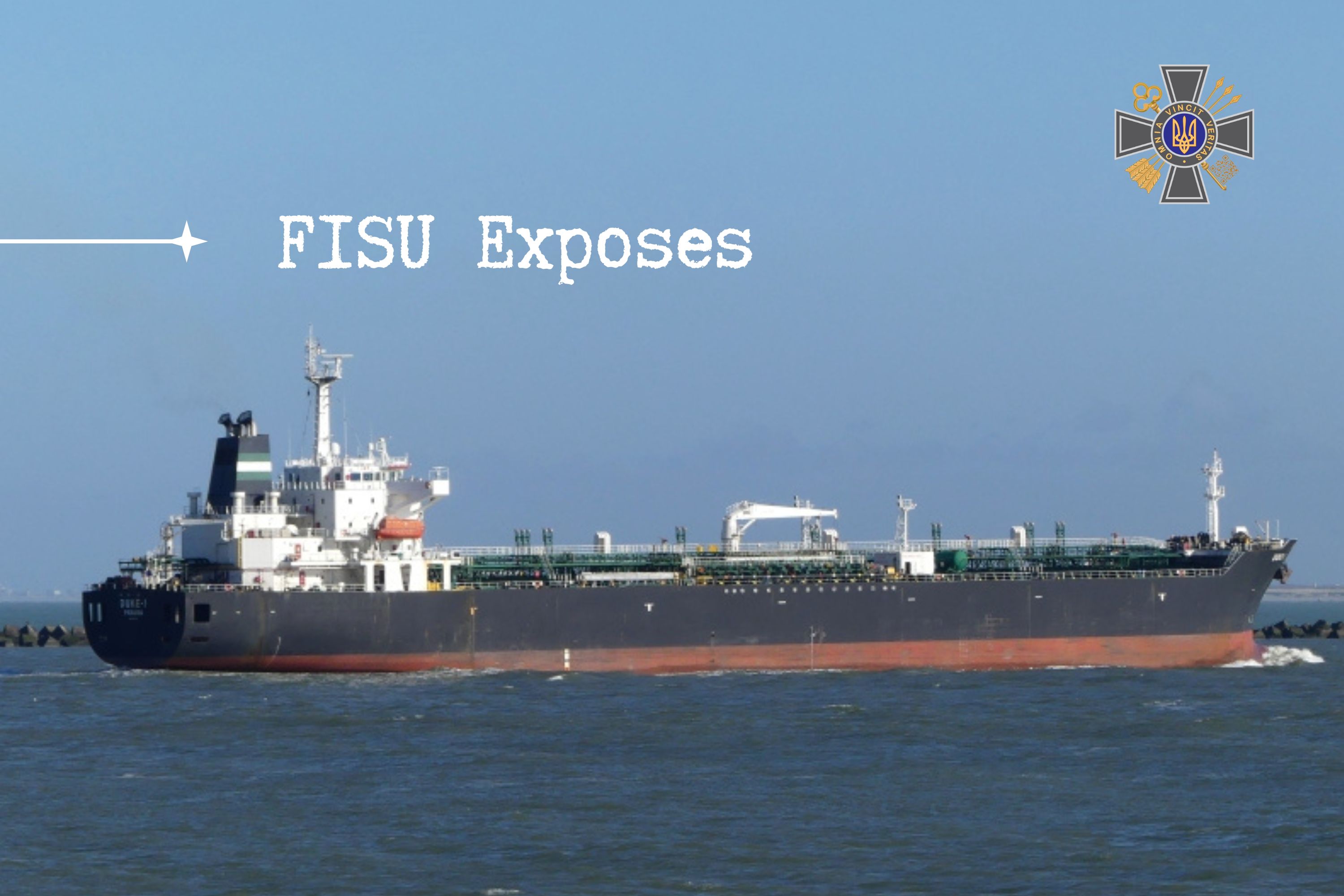The rf’s “Shadow” Fleet Working for the Houthis: russian Oil Is Setting the Middle East on Fire
5/8/2025

The Foreign Intelligence Service of Ukraine has established a number of evidences that show the participation of the “shadow” fleet of the rf in supporting the Yemeni Houthis’ extremist activities. In this way, russia is pursuing several goals: fulfillment of allied obligations to Iran (sponsors the Houthis) in the context of joint counteracting the United States; increasing pressure on Saudi Arabia and Israel, as well as creating preconditions for higher world oil prices.
It is known that the oil tanker MAISAN has repeatedly supplied russian energy carriers to the Yemeni port of Ras Isa, which is controlled by the Houthis. Last year’s story is a clear proof of the involvement of this vessel in the “shadow” fleet of the rf. In August 2024, this tanker conducted several STS operations in the Aegean Sea to conceal the origin of russian oil and then unloaded in the port of Ras Isa. The last time MAISAN supplied oil to the Houthis was in early April 2025. It is noteworthy that the captain of this vessel was a citizen of the rf vitaly orlyukov (ORLYUKOV VITALY, born on 09.07.1987, foreign passport of a citizen of the rf №763600863, taxpayer identification number 231517609645).
Besides, the Foreign Intelligence Service of Ukraine has recorded other examples of cooperation between the “shadow” fleet of the rf and the Houthis. In particular, the tankers PALM (IMO: 9281425, flag of Guinea-Bissau) and NOBEL M (IMO: 9228784, flag of Barbados) were repeatedly loaded in russian ports of Vysotsk and Tuapse to export energy carriers to Yemen. The last time the PALM tanker was spotted in the Yemeni port of Ras Isa was in April, and NOBEL M – in May 2025.
Thus, the “shadow” fleet of the rf is turning into a global threat, supporting extremist groups such as the Yemeni movement Al-Houthi. The Houthis systematically attack US Navy ships and launch missile strikes against Israel. They also attack merchant ships, which has already led to complications in transportation through the Bab el-Mandeb Strait.
